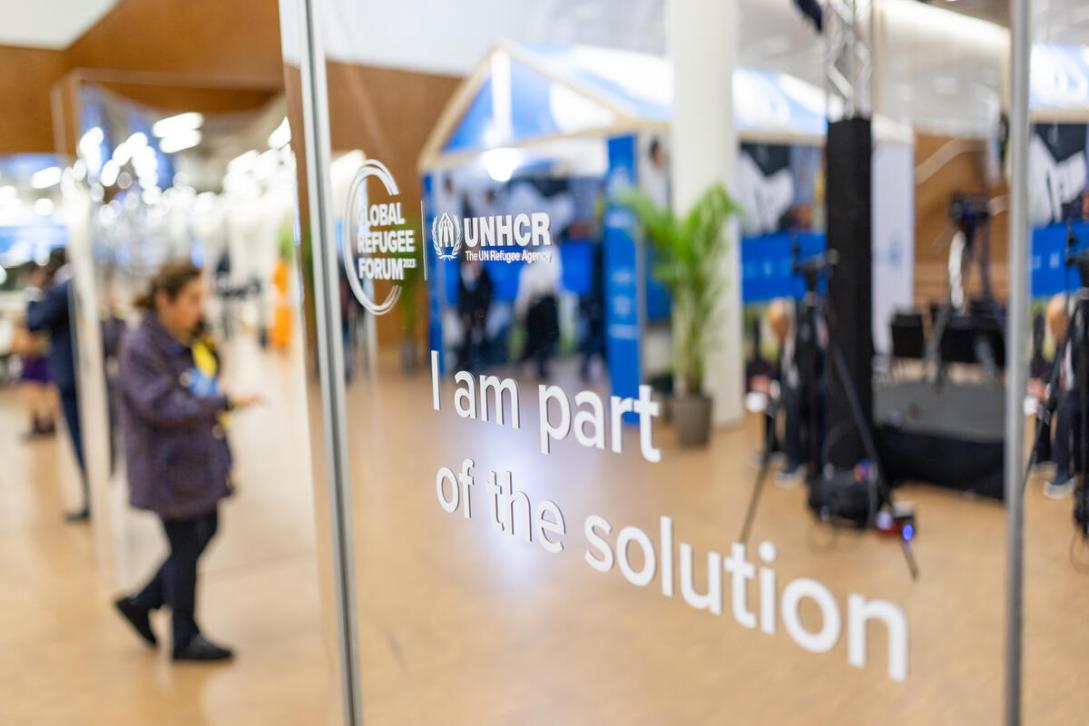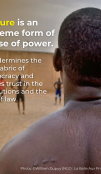Global Refugee Forum 2023

Commissioner for Crisis Management Janez Lenarčič and Commissioner for Home Affairs Ylva Johansson participated in the Global Refugee Forum in Geneva between 13 and 15 December. Over the three-day forum, the EU reaffirmed its support to address major displacement crises and areas linked to refugee support and protection, providing a high-quality asylum space in the EU, continued support for people displaced from Ukraine and contributing to global efforts on resettlement and complementary pathways, demonstrating a steadfast commitment to fostering global stability and durable solutions.
On Thursday, Commissioner Johansson met in the morning with the Canadian Minister of Immigration, Refugees and Citizenship, Marc Miller. She attended a parallel high-level event on the Ukraine refugee situation. Also on Thursday at 10:30, Commissioner Johansson had a press point where she announced the resettlement pledges for 2024 -2025: 61,000 new places combined for resettlement and humanitarian admission for people in need of international protection. Of these, 31 000 are for resettlement, to be implemented in close cooperation with UNHCR, and 30 000 are for humanitarian admission.
During the Forum, Commissioner for Home Affairs Ylva Johansson also reiterated the importance of EU contributing to meet global resettlement needs. The new pledges include also the EU's commitment to promote further complementary pathways to the EU and community sponsorship schemes, as well as to continue the funding for the Emergency Transit Mechanisms.
Offering safe and legal pathways to those in need of international protection also contributes to reducing irregular migration, by providing these people with durable solutions to build a new life in safety and dignity. Since 2015, more than 119,000 vulnerable refugees have found protection in Europe through the EU's resettlement schemes. Since 2021, Commissioner Johansson organised three High-level resettlement forums with Member States, international partners, civil society organisations, UNHCR and IOM, to encourage the Member States to contribute to this voluntary effort. In response to the Commission's call, Member States made these new pledges for resettlement and humanitarian admission in 2024-2025.
I am glad that the EU is reaffirming its commitment to provide safe pathways to protection by pledging 61,000 places for resettlement and humanitarian admission in 2024-2025. Resettlement is now a well-established tool of EU migration policy and the EU’s commitments during this week’s Global Refugee Forum show that it will remain so. The EU already hosts 20% of the world’s refugees, and our contribution demonstrates our continued willingness to meet the ever-increasing global refugee needs. We hope that more states worldwide will follow and contribute to these efforts. - Commissioner Ylva Johansson
On Friday, Commissioner Lenarčič attended the parallel high-level event on ‘Scaling up Climate Action in displacement settings'.
Disaster and climate-related displacement is one of the most severe humanitarian consequences of the climate crisis. It is one of the EU's key priorities. And as the climate crisis worsens, so too will the needs of vulnerable and fragile communities. Humanitarian aid alone cannot and should not shoulder the weight of this challenge.An integrated approach combining both short-term and long-term solutions is essential to protect people and build community-level climate resilience. - Commissioner Janez Lenarčič
Commissioner Lenarčič also addressed the plenary of the Global Refugee Forum, underlining the EU's commitment to supporting displaced people and to strengthen the Humanitarian-Development-Peace Nexus.
80% of the EU's humanitarian budget is allocated to projects that help forcibly displaced people and host communities. However, we understand that emergency assistance alone is not enough. We need to build sustainable solutions for refugees in protracted crisis situations.That’s why half of the EU’s total funding for refugee situations is dedicated to development and peace. - Commissioner Janez Lenarčič
Together with its Member States, the EU is the biggest humanitarian and development contributor and supporter in refugee situations globally. According to the 2020-2021 OECD-DAC survey from October 2023, the EU is the second-largest donor for forcibly displaced persons. Combined, EU and its Member States' official development assistance streams establish the EU as the world's leading donor in refugee situations, contributing to 41,8% of global funding. Each year, about 80% of the EU humanitarian budget is allocated to projects addressing the needs of forcibly displaced persons and host communities, in sectors such as protection, shelter, food assistance, safe water, access to health services or education.





